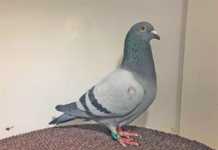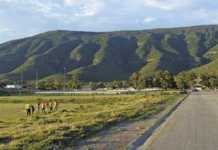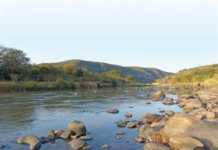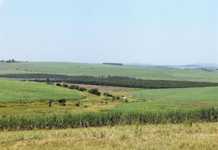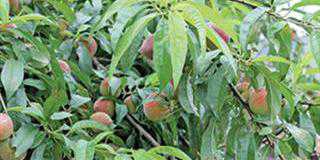Farmer interest groups have not hesitated to exercise their constitutional rights in relation to politically and culturally sensitive issues. Umkhonto we Sizwe veteran and former intelligence co-ordinator Barry Gilder explains why he feels this is dangerous. Gilder is currently director of operations of the Mapungubwe Institute.
Q. Sean Christie (Farmer’s Weekly):
The ANC has made no secret of the fact that it perceives the litigiousness of South Africa’s commercial farmers and their representative organisations – whether they’re contesting the singing of revolutionary songs, the validity of land claims, local water rights or the legality of Zimbabwe’s land reform programme – as an obstacle to reform. Does this enthusiastic use of the courts present any danger to commercial agriculture?
A. Barry Gilder:
There are lots of cultural and ideological hang-ups from apartheid’s past that have not been dealt with. I think we’ve reached a point in our history where if we don’t start addressing these we’re in danger of destabilising democracy in the country. On the one hand, we’ve created these institutions of democracy that we’re trying to persuade millions of frustrated unemployed people to accept.
On the other hand, many believe those institutions are not very different from apartheid. Take the Selebi trial for instance. People see a white judge and a white prosecutor trying a black comrade, and a white antagonist who was the real crook gets off whereas the black liberation hero goes away for 15 years. And then there’s the banning of the (‘Kill the Boer’) song. And I’m not talking about the merits of each case but about perceptions.
And the more the ANC government tries to persuade people of the importance of these institutions of democracy, the more the ANC is being seen as no longer representing the interests of the people. And that’s not the worst case scenario; the worst case is that people will completely revolt against democratic institutions.
In my view, as a country, we’ve lost the sense of an enemy, which the struggle against apartheid gave us. I mean this in the sense that there are still forces and people internationally and domestically who are opposed to the broad, progressive, transformational agenda of this liberation, and I’m talking about big business both domestically, and internationally.
I’ve been there for many years in the thick of things so I’m not just speculating.

